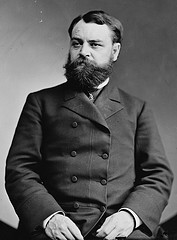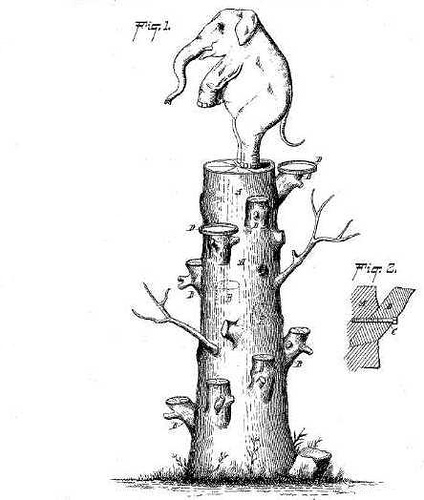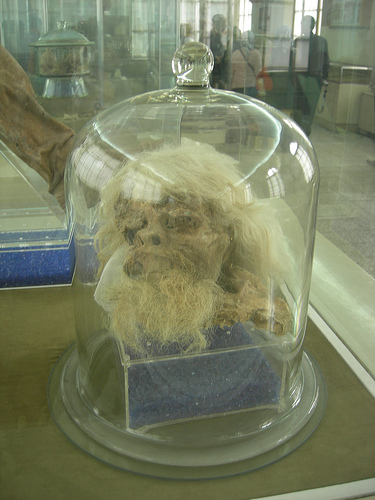The Duke de Saint Simon mentions in his ‘Memoirs’ a singular instance of constitutional sympathy between two brothers. These were twins — the President de Banquemore and the Governor de Bergues, who were surprisingly alike, not only in their persons, but in their feelings. One morning, he tells us, when the president was at his royal audience, he was suddenly attacked by an intense pain in the thigh; at the same instant, as it was discovered afterwards, his brother, who was with the army, received a severe wound from a sword on the same leg, and precisely the same part of the leg.
— Frank H. Stauffer, The Queer, the Quaint and the Quizzical, 1882






